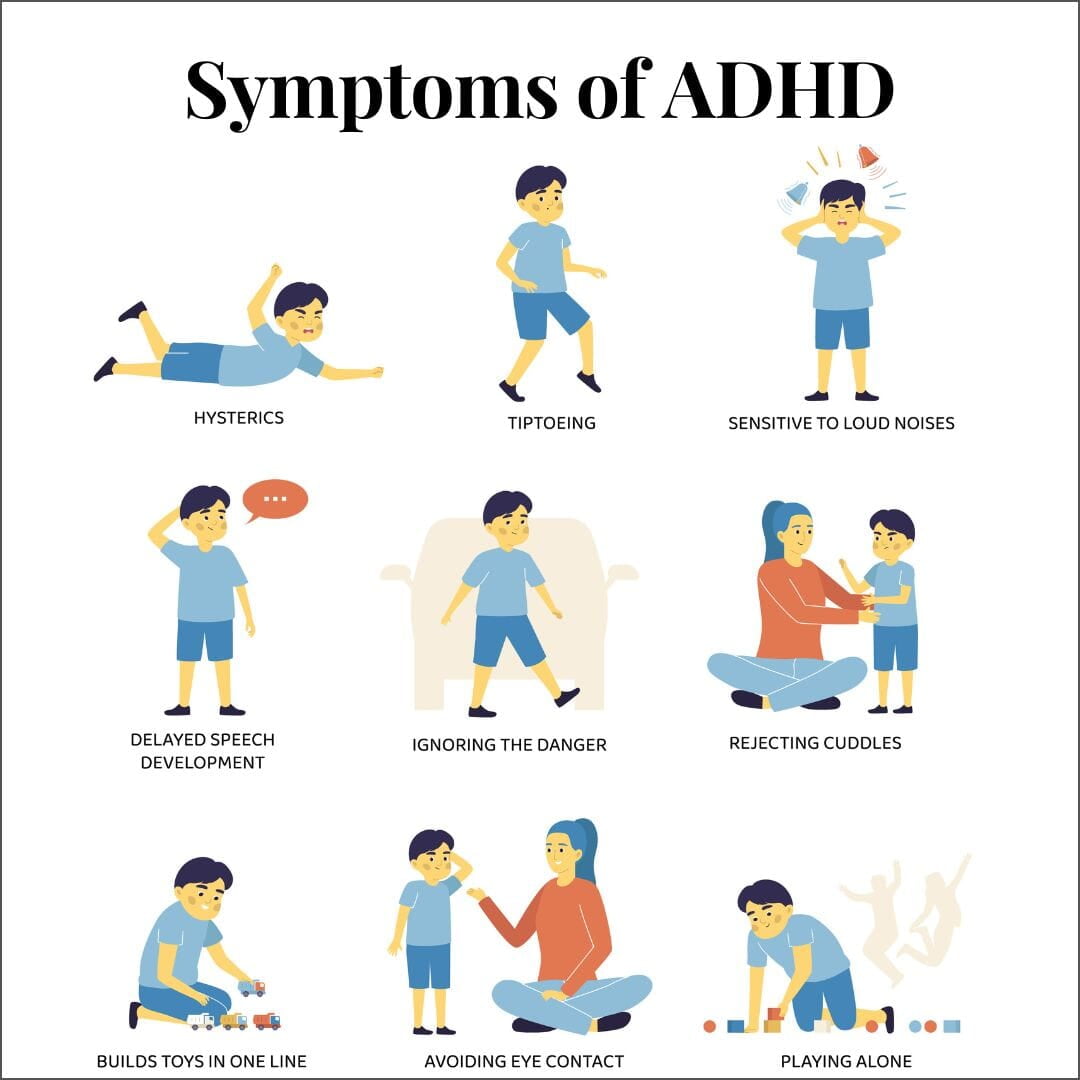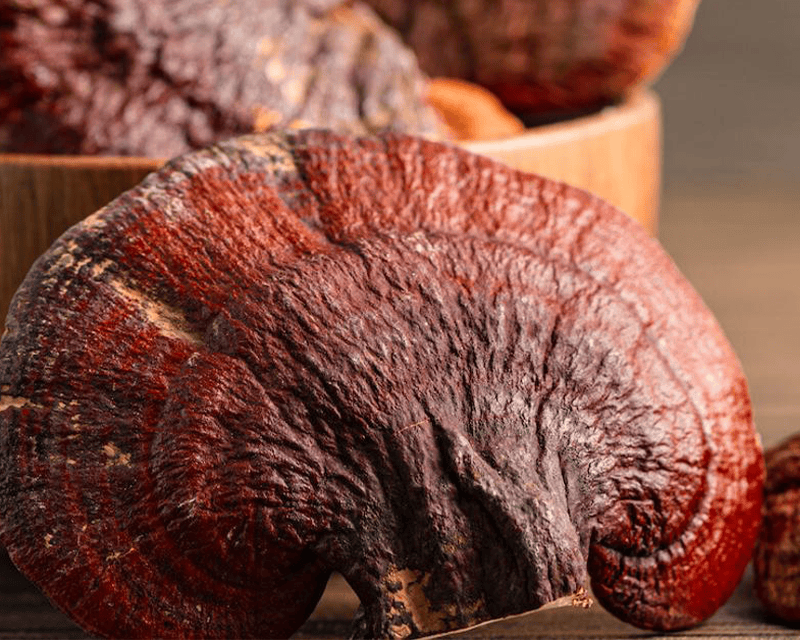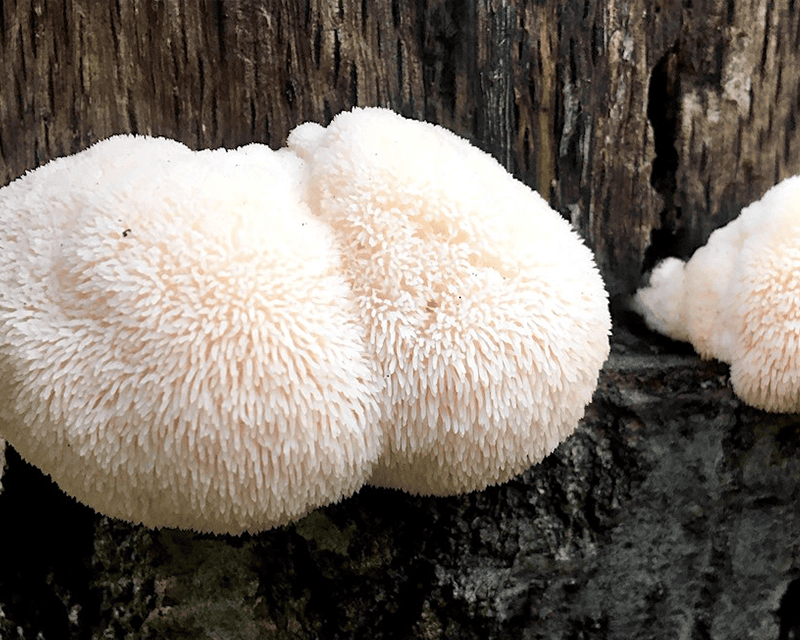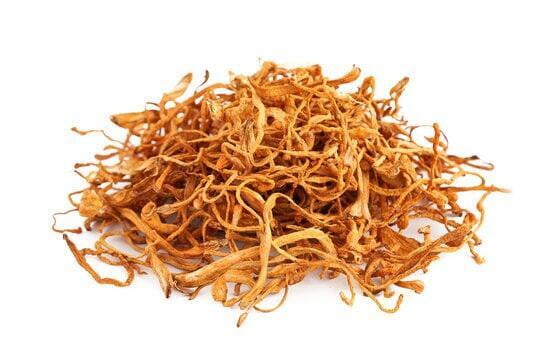Potential Benefits of Mushrooms for ADHD:
Mushrooms have gained attention for their potential benefits in managing ADHD symptoms. Various types of mushrooms, such as reishi, lion's mane, cordyceps, and chaga, have been studied for their effects on cognitive function and attention. These mushrooms are rich in antioxidants, vitamins, and minerals that may support brain health and neurotransmitter function, which are essential in ADHD management.
Research studies have suggested that certain compounds found in mushrooms can help improve focus, concentration, and memory in individuals with ADHD. Additionally, mushrooms have been shown to have anti-inflammatory and neuroprotective properties that could potentially benefit those with ADHD. Incorporating mushrooms into the diet through supplements or culinary dishes may offer a natural and holistic approach to complement traditional ADHD treatments.
Understanding ADHD and its Symptoms:
Attention Deficit Hyperactivity Disorder (ADHD) is a neurodevelopmental disorder that affects both children and adults. It is characterized by symptoms of inattention, hyperactivity, and impulsivity. Individuals with ADHD may have difficulty focusing on tasks, following instructions, and organizing their thoughts and activities. They may also exhibit impulsive behavior, such as interrupting others or acting without considering the consequences.
The symptoms of ADHD can have a significant impact on various aspects of a person's life, including academics, work, relationships, and daily functioning. Children with ADHD may struggle in school due to difficulties with concentration and impulse control, while adults with ADHD may find it challenging to meet deadlines, maintain relationships, and stay organized. It is important to understand that ADHD is a legitimate medical condition that requires proper diagnosis and treatment by healthcare professionals.
Reishi Mushroom and its Impact on ADHD:
- Reishi mushroom, also known as Ganoderma lucidum, is a popular medicinal mushroom with potential benefits for individuals with ADHD.
- Studies suggest that Reishi mushroom may help in managing symptoms of ADHD such as inattention, hyperactivity, and impulsivity.
- The mushroom contains bioactive compounds that have neuroprotective and anti-inflammatory properties, which could positively impact brain function and cognitive performance in individuals with ADHD.
Furthermore, Reishi mushroom is believed to support overall mental well-being by reducing stress and anxiety levels. These benefits could be particularly helpful for individuals with ADHD, as managing stress and anxiety can play a significant role in improving focus and attention. While more research is needed to fully understand the effects of Reishi mushroom on ADHD, incorporating it into a well-rounded treatment plan alongside conventional therapies may offer promising results for individuals seeking alternative or complementary options for managing their symptoms.
Lion's Mane Mushroom and its Effects on ADHD:
- Lion's Mane mushroom is gaining attention for its potential benefits in managing ADHD symptoms.
- This unique fungus contains compounds that may support brain health and cognitive function, which could be beneficial for individuals with ADHD.
- Some studies suggest that Lion's Mane mushroom may help improve focus, concentration, and memory, all of which are areas that can be challenging for those with ADHD.
- Furthermore, Lion's Mane mushroom is rich in antioxidants and anti-inflammatory properties, which could help reduce oxidative stress and inflammation in the brain.
- By promoting a healthy brain environment, Lion's Mane mushroom may support overall brain function and potentially alleviate some ADHD symptoms. While more research is needed to fully understand the effects of Lion's Mane mushroom on ADHD, early studies show promising results that warrant further exploration.
Cordyceps Mushroom and its Potential for ADHD Management:
- Cordyceps mushroom is gaining attention for its potential benefits in managing symptoms of ADHD.
- This unique fungus is believed to possess properties that may help improve focus, attention, and cognitive function in individuals with ADHD.
- Although further research is needed to fully understand the mechanisms behind cordyceps' impact on ADHD, initial studies suggest promising results.
- The adaptogenic and neuroprotective qualities of cordyceps mushroom make it a promising dietary supplement for those seeking alternative ways to support ADHD management.
- ts natural compounds have shown potential in reducing inflammation, enhancing brain function, and promoting overall well-being.
- Incorporating cordyceps mushroom into a balanced diet may offer individuals with ADHD a natural and holistic approach to improving their symptoms and quality of life.
Chaga Mushroom and its Role in ADHD Treatment:
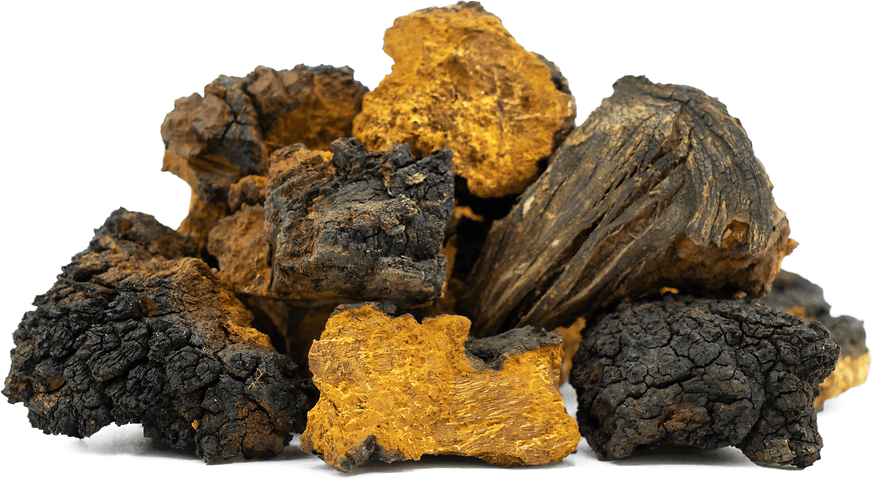
- Chaga mushrooms have gained attention for their potential role in managing symptoms of ADHD.
- Studies have shown that Chaga mushrooms have antioxidant and anti-inflammatory properties, which may help in reducing oxidative stress and inflammation in the brain, both of which are believed to play a role in ADHD.
- Additionally, Chaga mushrooms are rich in nutrients such as vitamins, minerals, and amino acids, which can support overall brain health and function.
- Furthermore, Chaga mushrooms have adaptogenic properties, meaning they may help the body better adapt to and cope with stress, which is often a trigger for ADHD symptoms.
- By supporting the body's stress response system, Chaga mushrooms could potentially help in improving focus, attention, and cognitive function in individuals with ADHD.
- While more research is needed to fully understand the effects of Chaga mushrooms on ADHD, early studies suggest that they may hold promise as a natural treatment option for managing symptoms of this condition.
Research Studies on Mushrooms and ADHD:
Recent research studies have delved into the potential use of various mushrooms in managing symptoms of ADHD. Findings have shown that certain mushrooms, such as Reishi, Lion's Mane, Cordyceps, and Chaga, may have beneficial effects on individuals with ADHD. These mushrooms contain bioactive compounds that have been linked to improved cognitive function and mood regulation, which are key areas of concern for those with ADHD.
Moreover, preliminary research suggests that the anti-inflammatory and neuroprotective properties found in these mushrooms could help mitigate some of the neurobiological abnormalities associated with ADHD. While more comprehensive studies are needed to fully understand the mechanisms of action and optimal dosages for therapeutic use, the emerging data is promising in establishing mushrooms as potential natural supplements for ADHD management.
How to Incorporate Mushrooms into ADHD Diet:
When it comes to incorporating mushrooms into the diet of individuals with ADHD, there are various creative and delicious ways to do so. One simple way is to include mushrooms in dishes such as soups, stir-fries, or omelets. By adding mushrooms to these meals, individuals can benefit from the nutrients and potential therapeutic effects that mushrooms offer.
Another way to include mushrooms in the ADHD diet is by blending them into smoothies or juicing them with other fruits and vegetables. This can be a convenient and tasty way to consume mushrooms, especially for those who may not enjoy the texture of whole mushrooms in their meals. Additionally, incorporating mushroom-based supplements or powders into recipes like smoothie bowls or energy balls can also be a convenient way to reap the benefits of mushrooms for ADHD management.
Consulting a Healthcare Professional for Mushroom Use in ADHD:
Before considering incorporating mushrooms as a supplement for managing ADHD, it is crucial to consult a healthcare professional. A qualified healthcare provider can assess your individual medical history, current medications, and overall health to determine if mushrooms are a safe and appropriate addition to your treatment plan. Navigating the realm of natural remedies like mushrooms requires expert guidance to ensure optimal safety and effectiveness in managing ADHD symptoms.
Healthcare professionals possess the knowledge and expertise to guide you in selecting the right type of mushrooms, dosage, and potential interactions with other medications. Their insight can help tailor a personalized approach that aligns with your specific needs and health considerations. By seeking professional advice before integrating mushrooms into your ADHD management plan, you can enhance the likelihood of experiencing positive effects while minimizing potential risks and uncertainties.
Final Thoughts on Mushrooms and ADHD:
In conclusion, while there is growing interest in the potential benefits of mushrooms for ADHD management, more research is needed to fully understand their efficacy and safety. It is important for individuals considering incorporating mushrooms into their ADHD treatment to consult with a healthcare professional to ensure it aligns with their overall treatment plan.
Overall, mushrooms show promise as a complementary approach to managing ADHD symptoms, but they should not be seen as a standalone treatment. A holistic approach that includes various interventions such as therapy, medication, and lifestyle changes is crucial in effectively managing ADHD.



